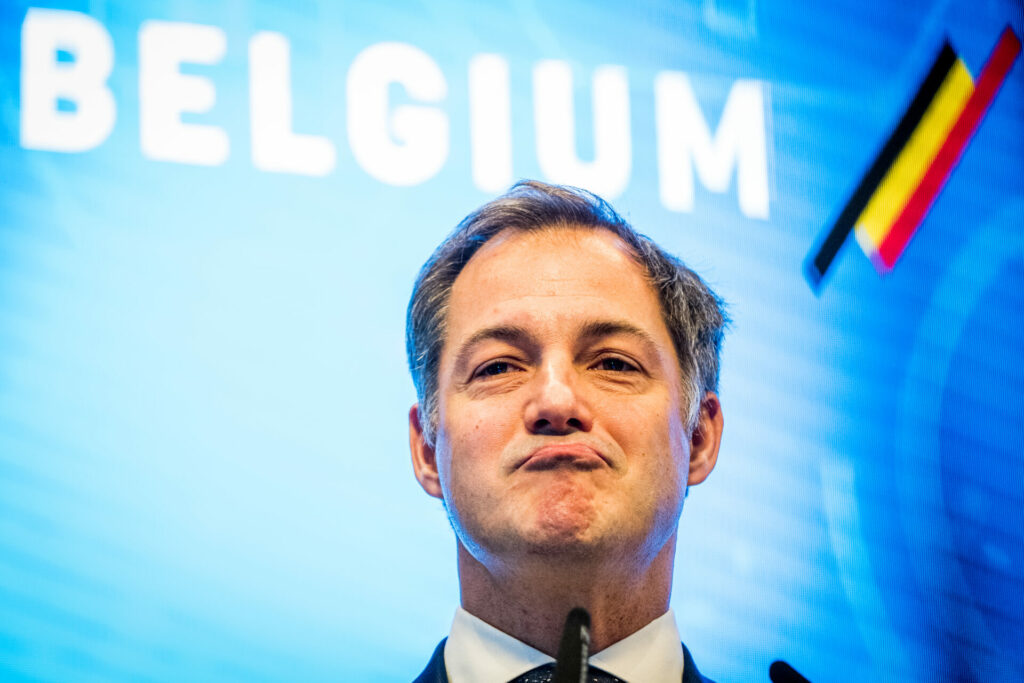Prime Minister Alexander De Croo has stated he is "ready" to remain at the head of the Federal Government after the general elections in May 2024.
While De Croo admitted it's not a done deal that he will be re-elected for office, he said that "there is a lot of work to do and it would be the priority for me to be able to continue it."
"It is an honour to be able to do [this job]. I see that there is still a lot of work ahead and I am ready to do it," De Croo said on RTL-TVI's television programme 'C'est pas tous les jours dimanche' on Sunday.
Last month, the leader of the Francophone socialist PS party Paul Magnette also threw his hat into the ring for the top job. Magnette would take the role in the 2024 federal elections if the Socialist family (meaning the combined votes of Francophone PS and Flemish Vooruit) emerges as the country's largest party and the PS becomes the leading French-speaking party.
Related News
- 'No place for irony in politics': Magnette backlash for Flanders vs. Wallonia joke
- Belgian politics for dummies: Who is in power where?
During the formation of the current Federal Government – which was sworn in on 1 October 2020 – Magnette missed out on the premiership as he stepped aside in favour of De Croo, with whom he had led the final negotiations to a coalition agreement.
This decision was deemed remarkable by the Belgian press, as Magnette headed the strongest party in the country's largest political family (19 out of 28 Socialist seats were for PS, the rest by Vooruit); De Croo's liberal Open VLD party only had 10% of the vote in Flanders and Brussels.
However, the country's linguistic divide played an important role in deciding who took on the role: after several French-speaking PMs in succession, there was a general popularity for a Flemish head of government. Additionally, as the Federal Government has a Francophone majority, the choice for a Flemish PM was partly an effort to maintain the regional balance in Belgium.

